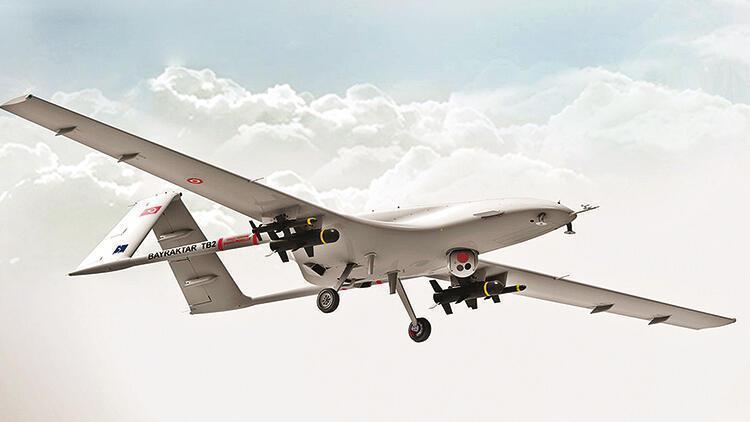
Armed with battle-tested drones, Turkish President Recep Tayyip Erdoğan has been deepening defence ties with African countries ahead of a major gathering of the continent’s leaders in Istanbul.
The two-day Turkey-Africa partnership summit starting Friday comes fast on the heels of a top-level business forum in October that focused on investment and trade.
The next phase of this fast-blossoming relationship is security, experts say, with a host of African leaders looking to buy up military hardware at cheaper prices and with fewer strings attached.
Leaders and top ministers from 39 countries - including 13 presidents - have confirmed attendance, with Erdoğan set to make a speech on Saturday.
Ankara already has a military base in Somalia, and Morocco and Tunisia reportedly took their first delivery of Turkish combat drones in September.
Angola became the latest to express an interest in unmanned aerial vehicles (UAVs) during Erdoğan’s first visit to the southern African country in October.
Turkey in August also signed a military cooperation pledge with Ethiopian Prime Minister Abiy Ahmed, who has been embroiled in a war with Tigrayan rebels for the past year.
"The most important sector is the defense sector because this is a new asset. Turkey has pushed this sector a lot, especially drones," Federico Donelli, an international relations researcher at the University of Genoa, told AFP.
Russia has been the dominant player on the African arms market, accounting for 49 percent of the continent’s imports between 2015 and 2019, according to the Stockholm International Peace Research Institute (SIPRI).
But interest in Turkish weaponry is peaking.
The TB2 Bayraktar model is in high demand after it was credited with swinging the fate of conflicts in Libya and the occupied of Nagorno-Karabakh in the past few years.
The drones are made by the private Baykar company, run by one of Erdoğan’s sons-in-law.
"Everywhere I go in Africa, everyone asks about UAVs," Erdoğan boasted after a visit to Angola, Nigeria and Togo in October.
Turkish defense and aviation exports to Ethiopia rose to $94.6 million between January and November from around $235,000 in the same period last year, according to figures published by the Turkish Exporters Assembly.
Sales to Angola, Chad and Morocco experienced similar jumps.
Turkey’s drones first made international headlines after Ankara signed two deals with the U.N.-recognized Libyan government covering maritime and security in 2019.
It then swarmed the conflict zone with drones, stalling an advance by rebel eastern forces backed by Turkey’s regional rivals and paving the way for a truce.
Turkey cemented its drones’ reputation last year by helping Azerbaijan recapture most of the land it lost to separatist ethnic Armenian forces in Nagorno-Karabakh nearly three decades ago.
"Now Turkey with drones has more cards to play when they have to bargain with other countries," researcher Donelli said.
"This is a very good bargaining chip for Turkey."
The head of Turkey’s Foreign Economic Relations Board - the NGO that hosted the October forum in Istanbul - insisted the growing relationship was not just about weapons.
"We care about the defense sector and our relations with Africa," the board’s head Nail Olpak told AFP.
"But I would like to emphasize that if we see the defense sector only as weapons, rockets, guns, tanks and rifles, it would be wrong."
He highlighted Turkish mine-clearing vehicles in Togo, which qualify as defense industry sales.
Donelli agreed, referring to Togo’s plans to improve its army with the support of Turkey through training and armored vehicles, weapons and other kinds of equipment.
Turkey has reportedly set up a web of 37 military offices across Africa in all, in line with Erdoğan’s affirmed goal of tripling the annual trade volume with the continent to $75 billion in the coming years.